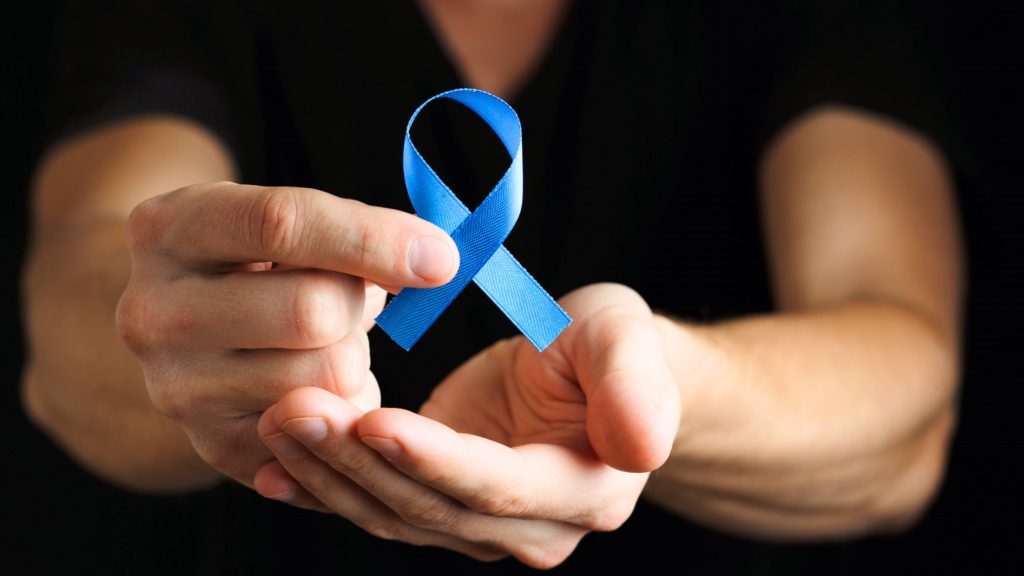-
Mayo Clinic Radio: Colorectal Cancer Awareness Month

Among cancers that affect men and women, colorectal cancer is the second leading cause of cancer deaths in the U.S., according to the Centers for Disease Control and Prevention. Most cases of colorectal cancer begin as small, noncancerous (benign) clumps of cells called polyps. Over time, some polyps become colon cancer. Because these polyps may be small and produce few, if any, symptoms, health care providers recommend regular screening tests to prevent colon cancer. These screenings identify and remove polyps before they become cancerous. March is Colorectal Cancer Awareness month, a time to educate the public about the importance of colorectal cancer screening.
On the next Mayo Clinic Radio program, Dr. John Kisiel, a Mayo Clinic gastroenterologist, will discuss colorectal cancer. Also on the program, Dr. Michelle Mauermann, a Mayo Clinic neurologist, will explain peripheral neuropathy, a nerve condition that causes numbness and pain in the hands and feet. And Dr. Thomas Salinas, a Mayo Clinic prosthodontist, will share how oral health affects heart health.
To hear the program, find an affiliate in your area.
Use the hashtag #MayoClinicRadio, and tweet your questions.
Mayo Clinic Radio is on iHeartRadio.
Access archived shows or subscribe to the podcast.
Mayo Clinic Radio produces a weekly one-hour radio program highlighting health and medical information from Mayo Clinic.
Check out the new podcast, Mayo Clinic Q&A.







